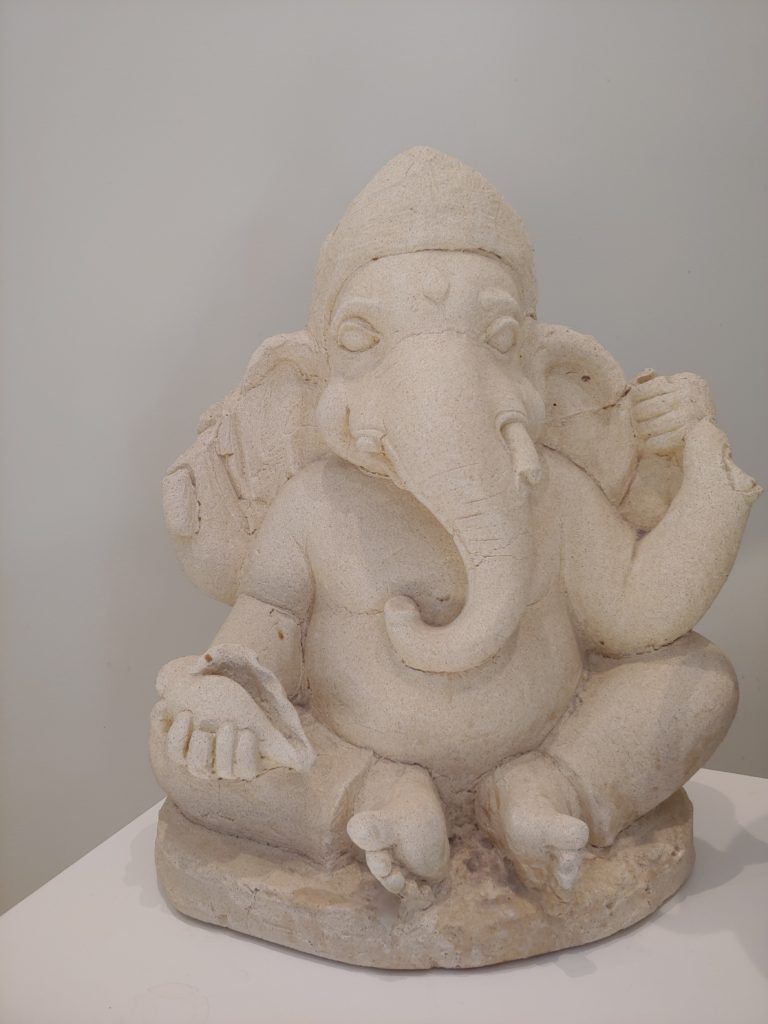
The oldest medicines in history …
Chinese Medicine and Ayurvedic Medicine both belong to the world’s oldest health care systems. The two systems have common roots. Both have a similar approach to diagnosing the patient, e.g. via pulse and tongue diagnosis. Both have an individualized approach looking at constitutional, internal and external influences that caused the health concern. Both recognize the unique body type as well as psychological personality of each person. By determining the root cause of an imbalanced health state they strive to bring a person back into balance. As in Chinese Medicine Ayurveda also emphasizes on disease prevention and health balancing.
…teach prevention as a way of life
Ayurvedic Medicine originates from the Indian subcontinent. “Ayurveda” is a word in Sanskrit language that translates to “science (or wisdom) of life”. Ayur meaning life and veda knowledge or wisdom. Ayurveda is as old as the Indus valley’s civilizations dating back to 3000 BC. Having a continuous tradition of practice, research and education, Ayurveda has become an inseparable part of the culture and daily lifestyle of traditional families in India. Among the Vedic system of knowledge Ayurveda is part of the Atharva Veda. During the last thirty years, many original Ayurvedic Sanskrit texts have been translated into various European languages, including English. Included in Ayurvedic medicine is lifestyle and diet counselling, yogic methods and herbs. In Ayurvedic herbology combination of herbs, plants and minerals are used to bring back a person into balance.

